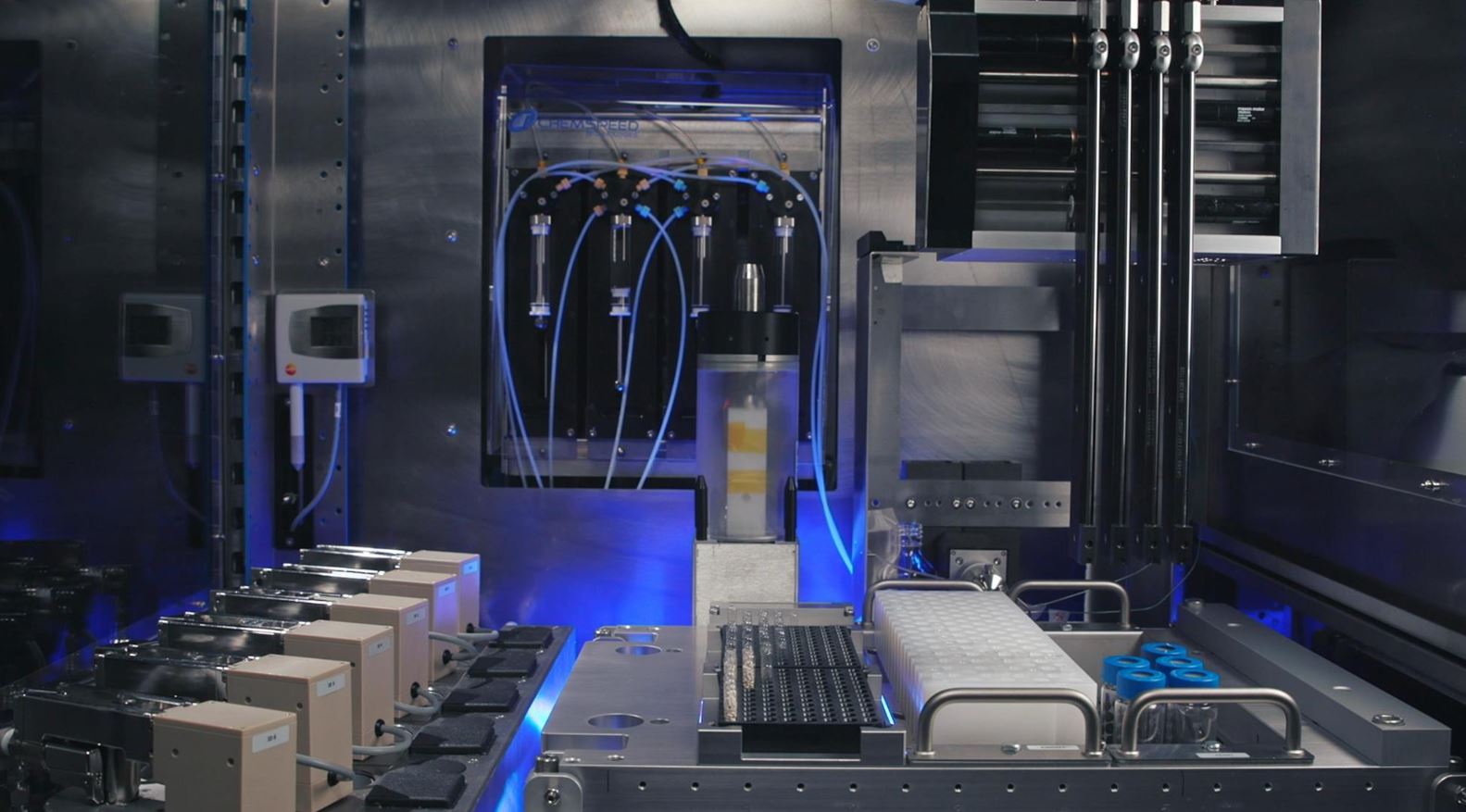 FutureHouse, a nonprofit backed by Eric Schmidt, is making its mark on scientific research with a new platform and API loaded with AI-powered tools. The organisation joins other tech leaders like Google in a race to help scientists refine hypotheses and plan experiments with smarter, faster methods.
FutureHouse, a nonprofit backed by Eric Schmidt, is making its mark on scientific research with a new platform and API loaded with AI-powered tools. The organisation joins other tech leaders like Google in a race to help scientists refine hypotheses and plan experiments with smarter, faster methods.
The latest release introduces four tools – Crow, Falcon, Owl, and Phoenix – each tailored to support different aspects of research. Crow searches through scientific literature to answer queries, while Falcon digs deeper into specialised databases. Owl is built to track previous work within specific fields, and Phoenix assists in planning chemistry experiments. FutureHouse highlights that its tools work with a vast array of high-quality, open-access papers and utilise a transparent, multi-stage process to evaluate each source. By chaining these tools together, the platform could significantly speed up scientific progress.
It’s a promising development, though the company remains cautious. So far, no breakthrough discovery has emerged from the tools, and many in the research community are still wary of relying on AI due to issues like data inaccuracies and occasional errors. This interest is shared by early initiatives such as Google’s AI co-scientist and GNoME project, where real-world applications have met some technical challenges.
If you’ve ever wrestled with the complexities of scientific research, you might appreciate FutureHouse’s hands-on approach. While the dream of a fully autonomous AI scientist is still on the horizon, these tools mark a step forward in blending human insight with machine efficiency.








